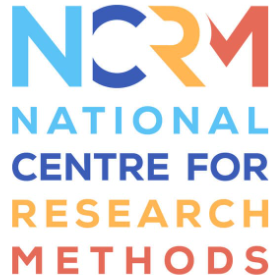All the events here are relevant to people working in dementia research. If you would like to add your own you can submit an event

- This event has passed.
Introduction to Impact Evaluation – Online
11/02/2025 - 12/02/2025

This online course will introduce you to various empirical, quantitative methods that can be used to estimate the impact of a specific policy intervention. These methods can be referred to as “programme evaluation”, “impact assessment”, “causal estimation” or “impact evaluation”. The course assumes knowledge of basic algebra and statistical concepts (mean, median, correlation, expected value, statistical significance and confidence intervals). It does not teach participants how to implement any of these methods using statistical software.
The course covers:
- The evaluation problem, and how randomized experiments solve the problem
- An intuitive explanation of the advantages and disadvantages of matching, including propensity score matching; quasi-experimental methods such as instrumental variables; and difference-in-differences
- It does not teach participants how to implement any of these methods using statistical software
By the end of the course participants will:
- Be able to think about evaluation in terms of “counterfactuals” and “informative contrasts” (or comparisons)
- Be able to explain intuitively the conditions under which propensity score matching, instrumental variables and difference-in-differences are likely to produce unbiased estimates of the impact of an intervention
- Be able to assess whether an actual or proposed design for an impact evaluation is likely to give reliable results, given the nature of the policy under consideration
This course is aimed at Government researchers and analysts interested in quantitative methods for impact evaluation, third sector researchers and analysts interested in quantitative methods for impact evaluation and PhD students and junior researchers.
THIS COURSE RUNS OVER TWO MORNINGS AND EQUATES TO A ONE DAY COURSE FOR PAYMENT PURPOSES.
Cost:
The fee per teaching day is: £35 for any registered students. £75 for staff at academic institutions, Research Councils researchers, public sector staff, staff at registered charity organisations and recognised research institutions. £250 for all other participants
In the event of cancellation by the delegate a full refund of the course fee is available up to two weeks prior to the course. No refunds are available after this date.
If it is no longer possible to run a course due to circumstances beyond its control, NCRM reserves the right to cancel the course at its sole discretion at any time prior to the event. In this event every effort will be made to reschedule the course. If this is not possible or the new date is inconvenient a full refund of the course fee will be given. NCRM shall not be liable for any costs, losses or expenses that may be incurred as a result of the cancellation of a course.
The University of Southampton’s Online Store T&Cs also continue to apply.

